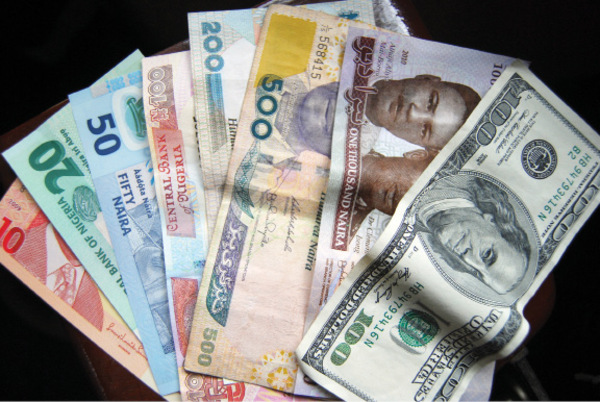Nigeria’s Economic Growth May Decline In 2024– UN
The United Nations has said that Nigeria’s rising debt, increasing inflation rate and its impact on the welfare of the citizens, puts the nation at risk of declining economic growth in 2024.
Nigeria’s inflation rate stood at 28.2 per cent, with a debt profile of about N87.38tn by the second quarter of 2023 from N49.85tn in first quarter, which amounts to about 75.35 per cent increase, according to the National Bureau of Statistics.
The UN also estimated an increase in Nigeria’s growth rate, from 2.9 per cent in 2023 to 3.1 per cent in 2024.
The WESP is a report produced by the United Nations Department of Economic and Social Affairs, in partnership with the United Nations Conference on Trade and Development, and the five United Nations Regional Commissions.
According to the report, Nigeria’s policy reforms enacted in 2023, especially in the hydrocarbon sector, contributed to a moderate improvement in the country’s growth prospects for 2024, with the 3.1 per cent Gross Domestic Product growth forecast.
“Policy reforms enacted by the government of Nigeria in 2023, especially in the hydrocarbon sector, have contributed to a moderate improvement in the country’s growth prospects for 2024, with GDP growth forecast at 3.1 per cent.
However, ballooning public debt, persistent inflation and a rising cost of living, together with a weak business environment, will pose a downward risk to growth prospects,” the report stated.
The document also noted that efforts to boost local oil refining capacity would likely reduce domestic fuel costs in 2024 and beyond.
The UN report stated global trade remained low in 2023, with Africa representing part of the trend and virtually no year-on-year growth in merchandise trade volume in Africa in 2023.
The report predicted an improvement in Africa’s GDP growth in 2024, increasing to 3.5 per cent on average, while externalities are projected to remain unfavourable for the African economies due to a weak global economic outlook and limited external financing opportunities.
“However, a recovery in domestic demand is projected for those countries that experienced economic shocks stemming from currency depreciations, electricity shortages or armed conflict,” it added.
It further stated that while developed countries channel investments into sustainable sectors, developing countries struggle with capital flight and reduced foreign direct investment.
According to the document, the international trade as a growth driver was losing steam, with global trade growth weakening to 0.6 per cent in 2023, and projected to recover to 2.4 per cent in 2024.




